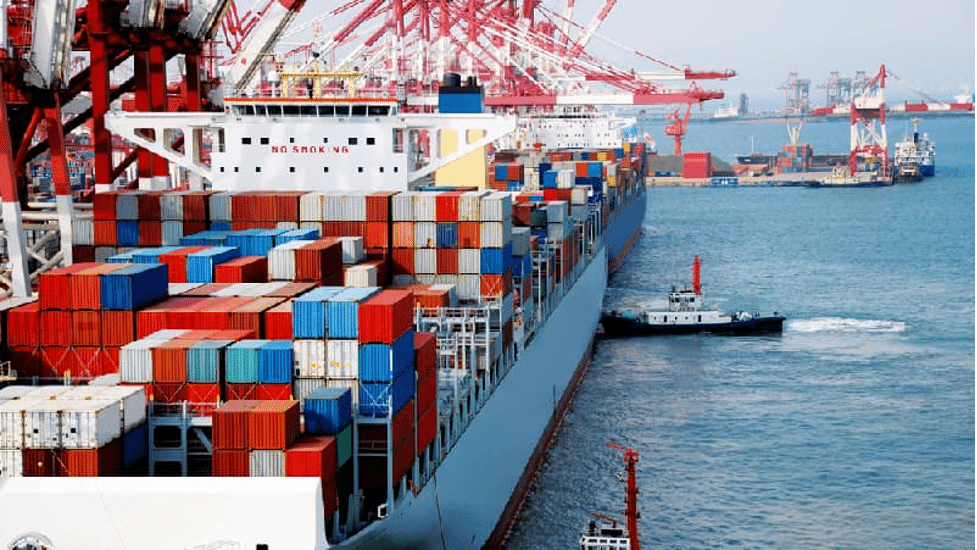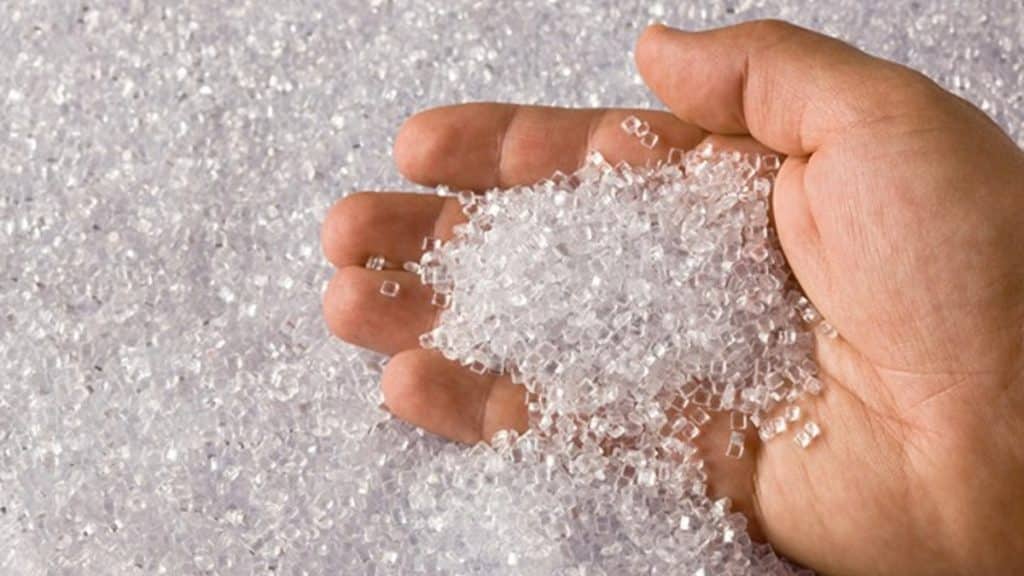Raw Materials constantly affect our daily lives. Seemingly simple everyday products, including plastic, fertilizers, and medicines, are often produced and made available to users using raw materials. The complex global trade in raw materials has so far reaped favorable benefits from those experts active in this field. Introduce the export and import of petrochemical raw materials as the vital “pulse” of the global economy that drives production and innovation around the world. The dynamics of this trade are of great importance, and people must constantly interact with them, but unfortunately, a significant number of people face widespread ambiguities about it. Today, we are going to talk to you about the Import Of Plastic Raw Materials and Export Of Petrochemical Raw Materials. So join us.
Petrochemical Raw Materials: The Basic Building Blocks
To examine Raw Materials in more detail, we need to look at what petrochemicals are. In short, chemicals that are produced from oil and natural gas can be called petrochemicals. These products are marketed in many categories. Among the most important categories and classifications of these products are ethylene, propylene, benzene, and methanol. These products form the basic structure of most of the goods in our daily lives. To process these Raw Materials, we need to extract and process fossil fuels. In the processing process, experts can separate petroleum products based on their purity and density. Then, they extract the required materials using modern technologies.
Raw Materials play an important role in our daily lives. The availability, quality, and fast delivery of these materials can affect manufacturing industries around the world.
The Global Dynamics of Export and Import
Why do you think the Export Of Petrochemical Raw Materials is so important? What impact do these issues have on our lives? Not all countries can produce high-quality raw materials. Many countries do not have sufficient oil and gas resources, and this creates extensive challenges for the governments of the region. This is where the use of products produced by large countries becomes very important.
The Middle East, North America, and some Asian countries with large refineries, such as Saudi Arabia and Iran, can be considered among the most important exporters of Raw Materials. Apart from having extensive facilities, these countries can provide quality raw materials to customers.

Raw Material exports are very important in these regions. If exports from these regions are disrupted one day, the possibility of widespread damage to the global economy increases. Of course, exporting countries also benefit from this trade. Remember that even a day’s delay in the delivery of basic goods such as raw materials can affect the global economic trend.
Countries such as China, the United States, Japan, and India can be considered among the largest importers of raw materials. These countries always need high-quality raw materials because they have active and extensive industries. These raw materials are used not only to produce various goods but also to supply fuel to production centers.
Raw Materials do not always have a fixed price. The political stability of countries, trade agreements, international relations, and currency fluctuations constantly affect the prices of these products. Usually, most countries importing Raw Materials are growing and have a favorable situation. New production methods have been able to transform the supply prospects in global markets. Of course, the role of vital infrastructure such as shipping, ports, and transportation networks should not be ignored.
Key distributors such as Shobeir Shimi Group, with their brilliant and specialized history, are always ready to export Raw Materials. These companies play a key role in the export and transportation of raw materials in different parts of the world. This has also caused many countries to show interest in using the services of these centers.
Impact on Industries and Economies Worldwide
You must be wondering how the petrochemical raw material business has a ripple effect. How has it been able to expand production in downstream industries? Having wide applications in various industries has multiplied the importance of petrochemical raw materials. Of course, these raw materials are used in various situations from the very beginning of processing. In the list below, you can see some of the most important industries that have been affected by this tool:
- Plastics and packaging: Cars, containers, and all plastic items are produced from petrochemicals.
- Textiles: Synthetic fibers for clothing, carpets, and industrial uses are all made using petrochemicals.
- Agriculture: Fertilizers and pesticides that are very important for global food security are produced using these raw materials.
- Pharmaceuticals and healthcare: Essential components for drugs and tools for drug manufacturing are provided by petrochemicals.
- Automotive and transportation: Vehicle components and goods, such as tires, are all made using petrochemicals.
It should be noted that continuous access to petrochemical raw materials can affect a country’s economic stability. Direct and indirect employment in the value chain of this commodity has transformed the world economy.
Challenges and Future Outlook
Raw Materials and their extraction always face a series of key challenges. As a first step, we need to be able to test the resilience of the supply chain. Strong supply chains are always disrupted when faced with disruptions such as natural disasters, geopolitical tensions, and pandemics. Apart from this, the increasing demand for greener production methods has been able to transform the process of extracting and exporting petrochemical raw materials. Many experts are looking for bio-based alternatives that will affect trade patterns. Also, remember that market fluctuations always affect the final price of petrochemical raw materials. Factors such as fluctuations in oil and gas prices are important in this regard. Fortunately, emerging digital platforms have been able to transform the process of exporting and manufacturing these products.
Conclusion: The Indispensable Global Connector
Petrochemical Raw Materials were the subject of our article today. The role of exports and imports of these raw materials has been able to transform the global economy. Remember that trade of this type can connect nations and industries. If different nations constantly interact with one another, the lives of all people will be better. Of course, remember that the necessity of this vital economic pulse is extremely high, and the lack of attention to it will result in great losses.

